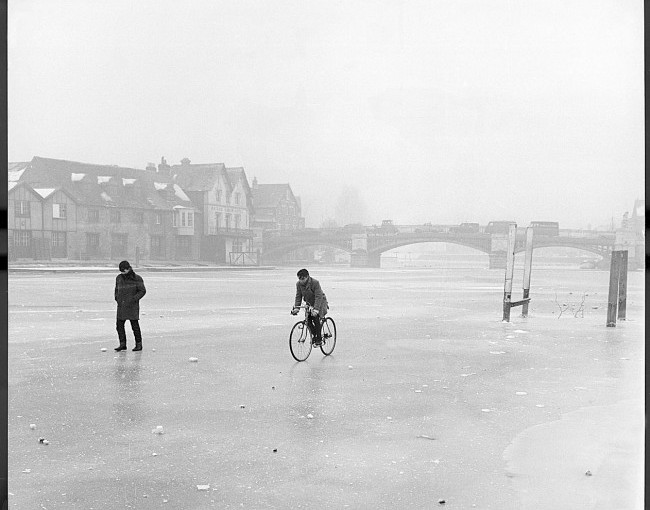I’m going to create a new noun, it feels like that sort of week. A new word that describes what seems to be happening to me so much since my heart attack. Ladies and Gentlemen may I present to you ‘barnie’.
Just so it can start being used correctly by everyone from the outset, I thought I would provide it in a similar manner to the way that the Oxford English Dictionary would in order to have the grammatical context. I always find that sort of thing helps.
“Barnie (bär′nē) [noun] an injury appearing as an area of discoloured skin on the body as a result of the rupturing of underlying blood vessels for absolutely no apparent reason whatsoever.”
If I may, before the doubters and naysayers begin to take offence as seems to be so prevalent with the current snowflake generation. Before they say that what I am describing is in fact a ‘bruise’, a word which has been perfectly suitable for the English language since the twelfth century. Before all of that silliness starts, I need to point out that a bruise happens when you walk into a wardrobe or a bookcase or a wall, whilst a ‘barnie’ happens for absolutely no reason. No bloody reason whatsoever as far as I can make out. None.
I’ve never been someone that bleeds. I am the guy who the nurses at the blood donation clinic ask not to return, not because of some rare infectious sub tropical blood infection. No, just because it is too difficult to find a vein to place the cannula into. That’s me. And to think I only used to go for the free biscuits and half of Guinness at the end. In the old days, if I was cut my body would do its best to give the impression that I had 8 pints of blood in it, but it wouldn’t be that good an impression, it would never be invited back for a second audition and you could be excused for thinking that I was some kind of bloodless android. I’m not by the way.
Well not anymore. Boy do I bleed, I positively spurt at the faintest opportunity. I spray. And it doesn’t stop. It just keeps coming. I’ve thought of talking to BP about getting them to sponsor me because I can’t be too dissimilar to an oil gusher. They are interested, but because of Deepwater Horizon I’ll probably give it a miss this time.
I’ve also never really bruised. I used to find this a real bonus because I am really clumsy and bruising easily would have shown just how clumsy I am. In the old days the world was none the wiser. Bruising was what happened to peaches or Jackie.
How things change. And not for the good. Now I bruise at the drop of a hat. Actually now I bruise from the draft of the drop of a hat. I bruise from being within 2m of anything that could possibly cause a bruise, even if it is round a corner in another room.
So why the bruising and torrent like bleeding? Well it all comes down to the drugs. I’ve talked before about the drugs that I am on and two specific ones have caused this rather ‘desirable’ side effect. They are the antiplatelet drugs – Ticagrelor and Asprin.
Platelets are cells that are responsible for blood clotting. Normally this is pretty useful, if you cut yourself it stops you from bleeding too much. But with heart disease platelets are trouble makers. Real rabble rousers. A heart attack happens when plaque (a combination of fat, cholesterol, calcium and other substances) builds up in the arteries that feed your heart. If the plaque ruptures then your body tries to clot around the rupture and it uses platelets to form the clot. The clot can block the artery and could prevent blood from reaching your heart muscles. With no blood supply the cells in the heart muscle would be starved of oxygen and would start to die, and in some cases this could cause heart failure.
So what antiplatelet drugs do is to reduce the chance of a heart attack by stopping excessive clotting in the arteries by preventing the platelets from sticking together to form a blood clot. They effectively stop the platelets from doing what they are meant to.
Sounds good? Well it is most of the time. And to be fair the bonus of not having another heart attack does have its upsides, but the side effects of the antiplatelet drugs are that you bruise far more easily and more often and sometimes from only the smallest of knocks. If any knock at all. And when you bleed it just keeps on coming, which is a real shock if you aren’t used to bleeding or you forgot to warn the health assistant who was taking your bloods. Oh, and the other really serious side effect is that all of a sudden the world realises what you have known for ages. That you are clumsy. Super clumsy.
So the next time that you find that you have a bruise that seems to have no apparent cause could I ask that you to call it a ‘barnie’. I reckon it could catch on. And if it did, that would be really peachy.

